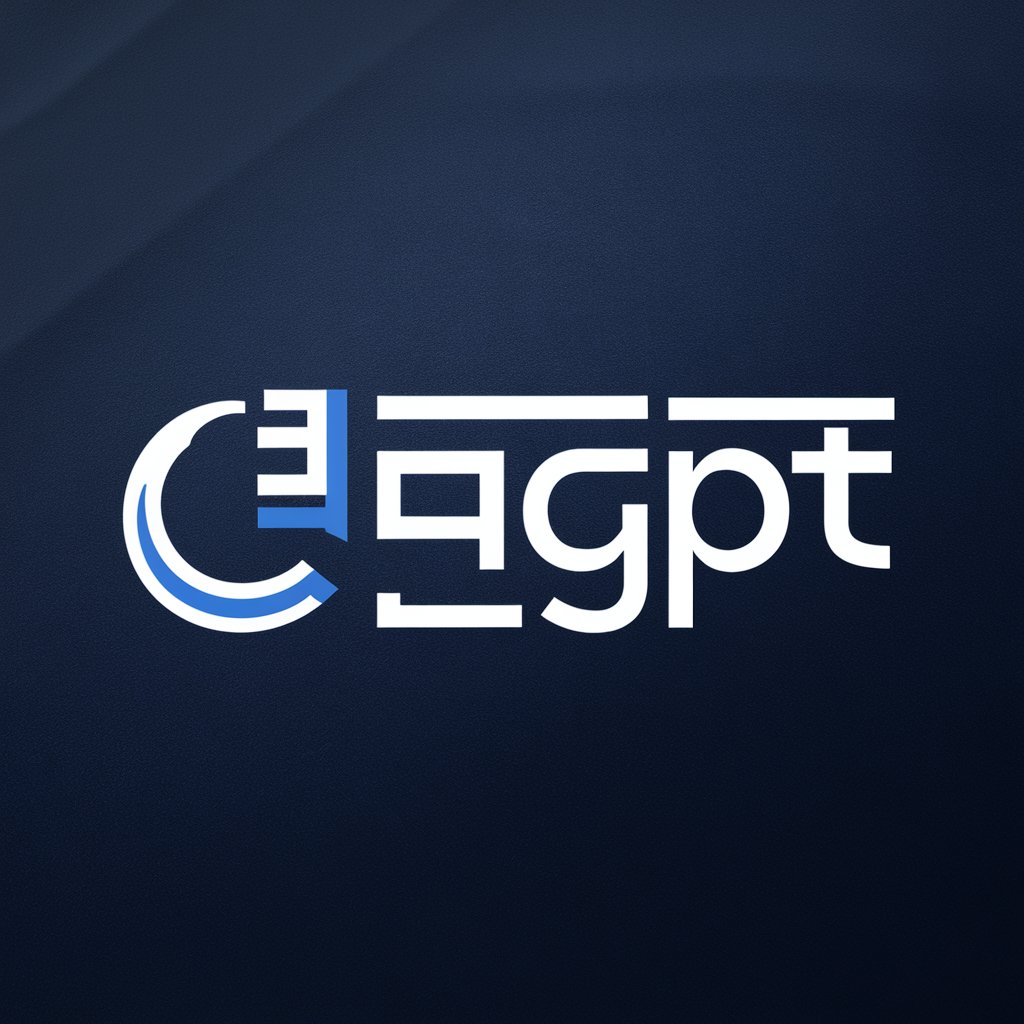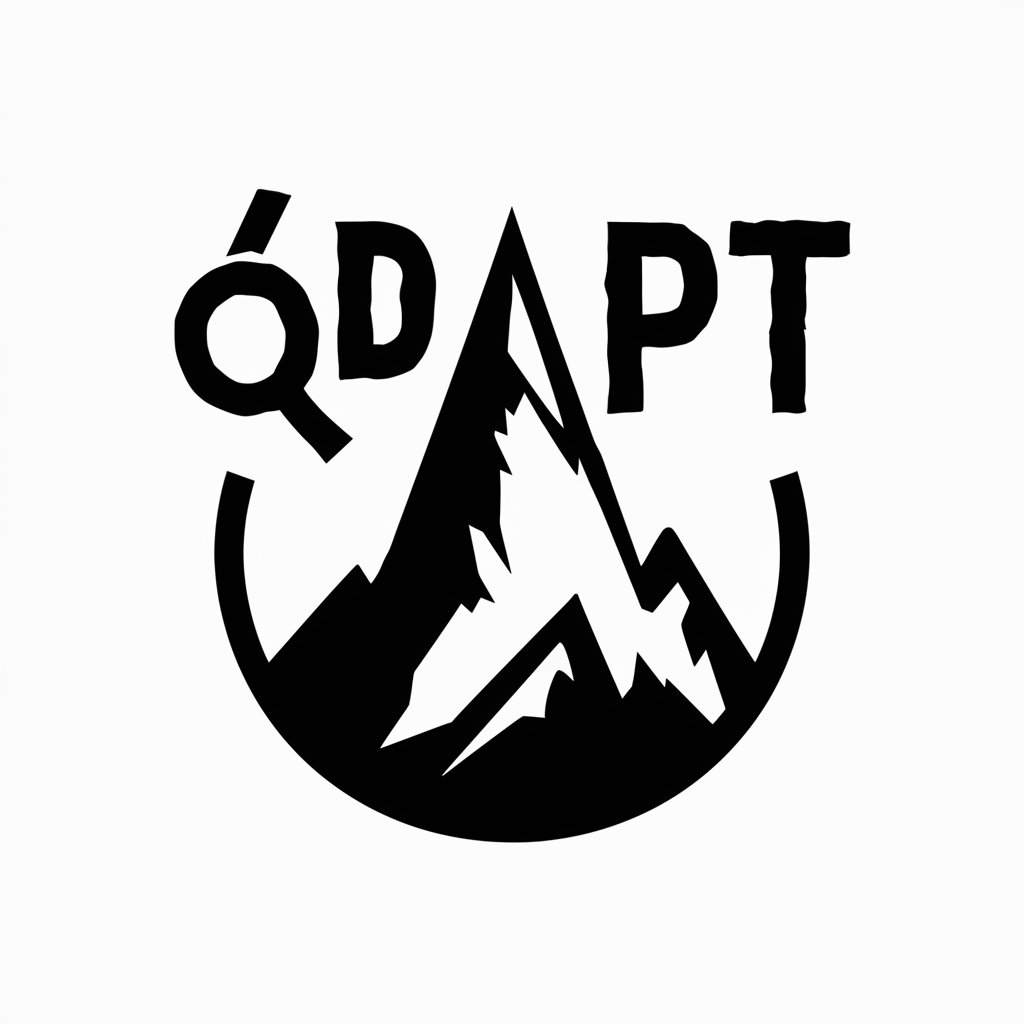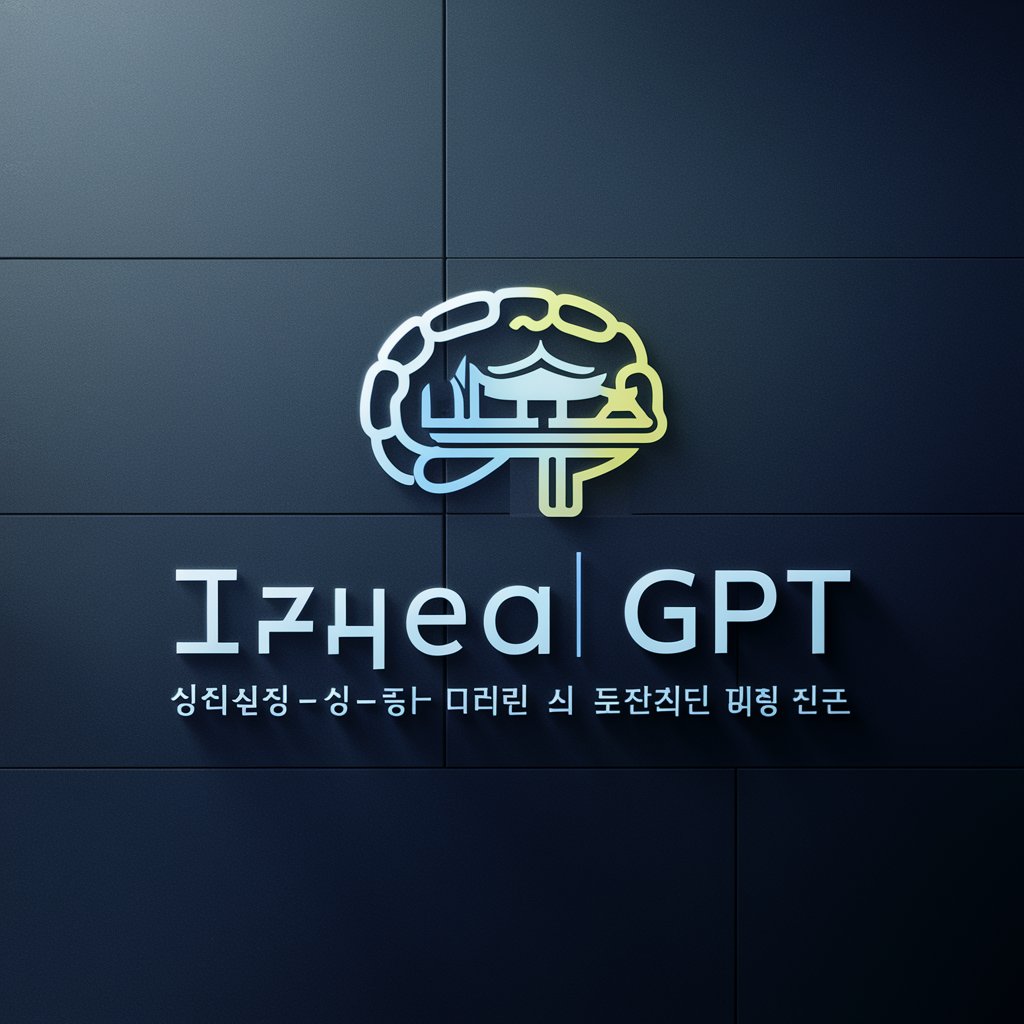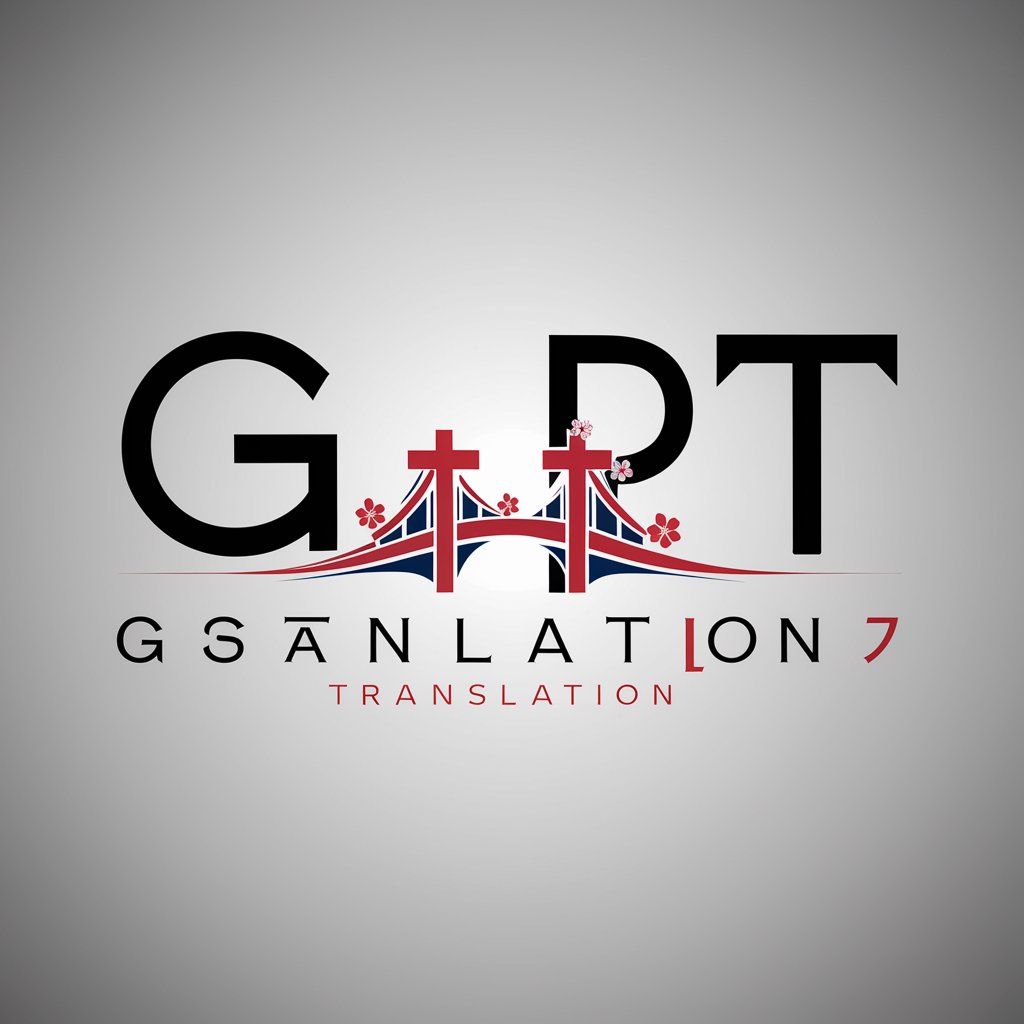
一休さんGPT - Logical Analysis AI
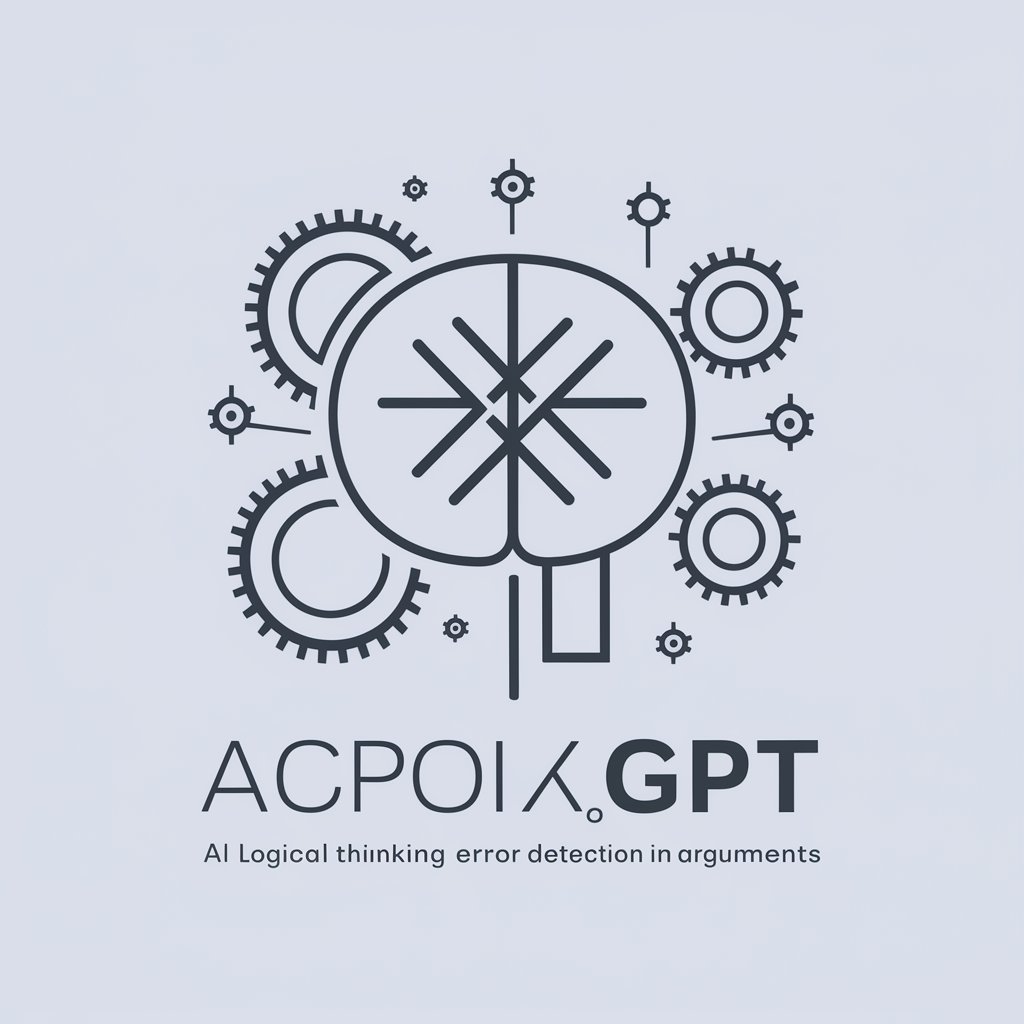
Hello! Let's explore logical thinking together.
Refining Thoughts with AI
Analyze the logical structure of this argument:
Identify potential fallacies in the following statement:
How would you strengthen the reasoning in this claim:
What logical inconsistencies can be found in this argument:
Get Embed Code
Understanding 一休さんGPT
一休さんGPT is designed to provide a detailed analysis of arguments, ensuring logical consistency and identifying fallacies within given statements. The primary purpose of this GPT variant is to assist users in refining their reasoning, making well-supported arguments, and understanding logical structures more clearly. It decomposes input arguments into their fundamental elements such as claims, reasons, and evidence, then evaluates the logical coherence of each component. This GPT variant is particularly useful in educational contexts, debate preparation, and any setting where critical thinking is paramount. For example, a user might input a complex argumentative essay's thesis and supporting points, and 一休さんGPT would break these down to critique logical validity, identify reasoning fallacies, and suggest enhancements to strengthen the argument. Powered by ChatGPT-4o。

Core Functions of 一休さんGPT
Logical Fallacy Identification
Example
When a user submits an argument that 'We should not vaccinate because some vaccines are unsafe,' 一休さんGPT would identify the 'hasty generalization' fallacy.
Scenario
In a discussion forum, a user provides a broad claim based on limited evidence. 一休さんGPT analyzes the claim, flags the logical fallacy, and suggests a more nuanced statement or requests more comprehensive evidence.
Argument Structure Analysis
Example
For the statement, 'If it rains, the soil gets wet. It rained. Therefore, the soil is wet,' 一休さんGPT would confirm the correct use of modus ponens, a form of logical argument.
Scenario
In academic settings, students learning about logical structures can input various arguments to see if the logical connectors and the structure are valid.
Enhancement Suggestions
Example
Given the argument, 'Solar energy reduces electricity costs and is sustainable, so it should be universally adopted,' 一休さんGPT might suggest emphasizing long-term economic benefits and environmental impact to strengthen the argument.
Scenario
Energy policy advocates could use these enhancements in debates or presentations to make a compelling case for solar energy adoption.
Target User Groups for 一休さんGPT
Students and Educators
Students learning critical thinking, logical reasoning, or philosophy can use 一休さんGPT to better understand logical fallacies and argument structures. Educators can use it as a tool to teach and test these concepts effectively.
Debate Preparers
Debate participants can refine their arguments, identify weaknesses in their own or opponents’ statements, and prepare robust responses using 一休さんGPT’s detailed analyses of logical structures and fallacy identification.
Researchers and Analysts
Professionals involved in research and data analysis can use 一休さんGPT to ensure that their conclusions follow logically from their premises, avoiding common logical errors that might undermine their studies.

How to Use 一休さんGPT
Step 1
Visit yeschat.ai for a trial without needing to log in or subscribe to ChatGPT Plus.
Step 2
Select the 一休さんGPT option from the available tools on the homepage to start interacting with the AI.
Step 3
Type your query or statement in the text box provided to submit it to the AI for analysis.
Step 4
Review the AI’s feedback on logical errors or inaccuracies in your text, and use the suggestions to refine your arguments or understanding.
Step 5
Utilize the 'Ask for clarification' feature if you need further explanation on any of the AI’s responses, ensuring you gain comprehensive insights.
Try other advanced and practical GPTs
おじさん
AI-Powered Direct Advice

さんすうバディ
AI-powered math learning for young minds
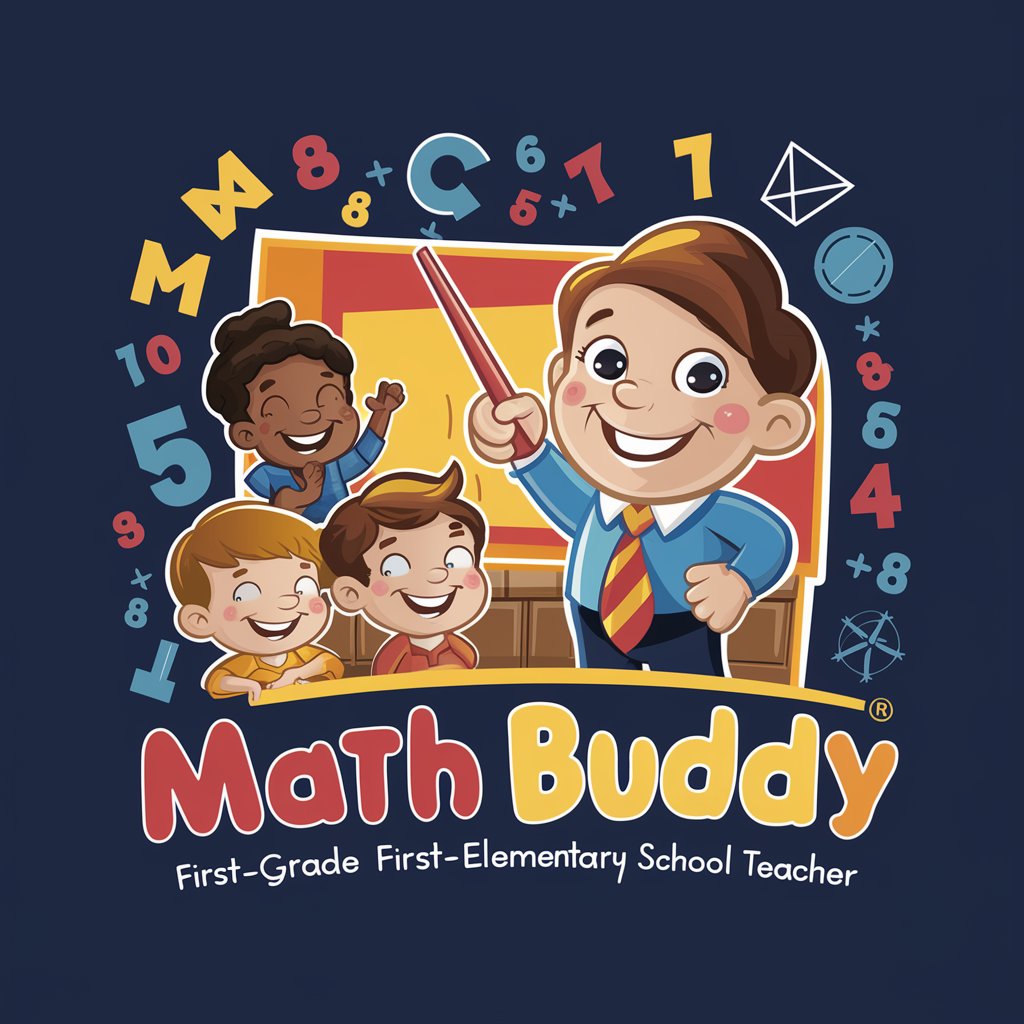
質問さん
Empower your insights with AI!

サステナさん
Empowering Sustainability with AI

Picasso AI
Bringing Your Artistic Vision to Life with AI

Prompt Picasso
Crafting Precision in AI Prompt Generation

AIノムさん
Empower your creativity and productivity with AI.

ゴルシ | シュンスケさん
Crafting Precise Answers with AI

秘書さん
Elevate Your Productivity with AI

日本語チェックさん
Perfect your Japanese with AI guidance

通訳さん
AI Translation Made Easy.

プレゼンイラスト作成GPT
Empowering Presentations with AI Illustrations
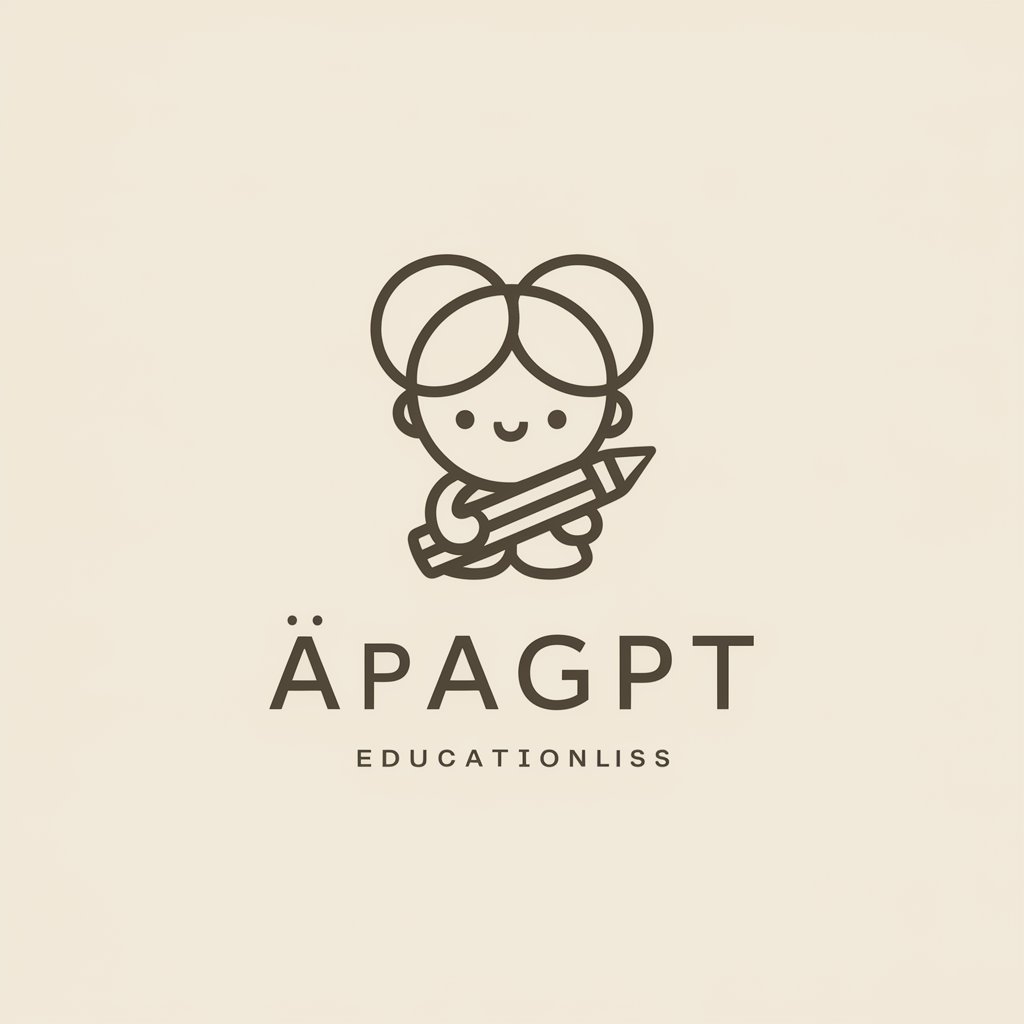
Frequently Asked Questions About 一休さんGPT
What exactly is 一休さんGPT?
一休さんGPT is a specialized AI developed to analyze and critique the logical structure of arguments and discussions, aiming to identify and correct logical fallacies and improve argumentative clarity.
Can 一休さんGPT help with academic writing?
Yes, it is particularly useful for academic writing as it helps to ensure arguments are logically sound and well-structured, which is critical in scholarly communication.
What are some common errors 一休さんGPT can identify?
It can identify a range of logical errors, including but not limited to circular reasoning, hasty generalizations, false dichotomies, and unsupported assertions.
How can I get the best results from 一休さんGPT?
For optimal results, provide clear and structured statements or questions, and be specific about the kind of feedback you're looking for. The more detailed your input, the more precise the AI’s critique.
Is there a limit to how much text I can analyze with 一休さんGPT?
There typically isn't a strict limit, but for more effective analysis, it's advisable to focus on smaller sections of text to ensure depth and accuracy in feedback.
